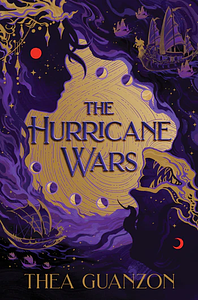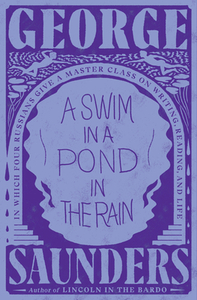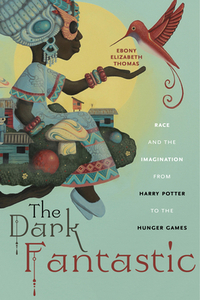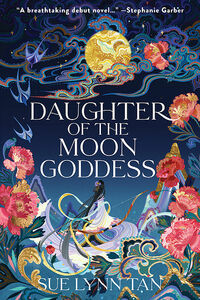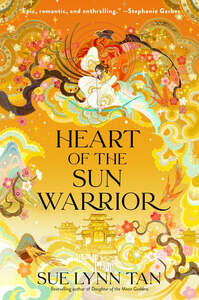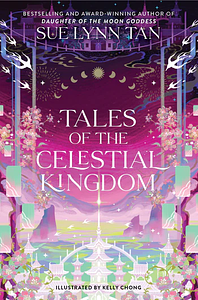Take a photo of a barcode or cover
blindmanbaldwin's Reviews (69)
A lot of color here — book of wide shots to capture these landscapes in the world and the architectural contrast across the civilizations. Feels like looking at a painting at times. Great deal of texture to back the traditional ETL-in-war structure which elevates the material.
Personal, casual, and filled with insight. Through these short stories we get analysis on narrative as a medium for transfer/movement of energy.
Not prescribing a formula or imposing hard rules but doing what the best of this kind of book does — impart philosophies.
Not prescribing a formula or imposing hard rules but doing what the best of this kind of book does — impart philosophies.
Split on this one: ending sequence gets a little repetitive and the shifting perspectives are a little unwieldly throughout, but the overall tenor is strong and I adore how no one gets out of the war clean. It's like seeing the inside of a propaganda film — seeing the truth behind the image.
One thing I do appreciate quite a bit here is the lack of contextual information. We don't know the causes of the war or the geopolitical background of this planet, because we don't need to. For the characters it's just life. It is their circumstance. It wouldn't make sense for either of our leads (two teenage girls) to have complicated monologues about war or its causes. They like any of us other normal people just react to our situation. No time to think just live. In this space of imagining worlds, it's easy to want to give all the information and explain everything. But withholding is more dramatically immersive.
One thing I do appreciate quite a bit here is the lack of contextual information. We don't know the causes of the war or the geopolitical background of this planet, because we don't need to. For the characters it's just life. It is their circumstance. It wouldn't make sense for either of our leads (two teenage girls) to have complicated monologues about war or its causes. They like any of us other normal people just react to our situation. No time to think just live. In this space of imagining worlds, it's easy to want to give all the information and explain everything. But withholding is more dramatically immersive.
Fandom-centric analysis of 2000s/2010s pop culture works through a racial link. The author creates a framework to analyze how Black characters — particular focus on women/girls — are boxed into roles, and not allowed the same fulfillment as white ones.
Ending bit on strategic disarmament (dragons as a weapon of mass destruction) has a lot going for it, but so to do the several other threads and ideas here — which ends up being the big block here. Less flow and more episodic, "Daughter of the Moon Goddess" takes this central character (a daughter trying to free her imprisoned mother) through a variety of locations with a variety of characters — only a few lingering around the bulk of the text — to test her commitment to the cause through conventional child/parent/lover psychological triangle before turning into a love-triangle. None of this is bad, but there are so many ideas that none settles into a great groove. Scenes and emotions don't breathe because every bit introduces a new plot beat which requires its own context.
Each new part of a system becomes an additional point of failure, true in any kind of creation. Here in "Heart of the Sun Warrior", the abundance of information and beats weighs it down.
Between the love triangle and the parents, the lead is split too many ways which gives the scenes little space — which creates the opposite problem where after a compelling climax, there are ~50 pages of resolution which sucks all the momentum dry as everything is resolved emotionally before we get here.
Between the love triangle and the parents, the lead is split too many ways which gives the scenes little space — which creates the opposite problem where after a compelling climax, there are ~50 pages of resolution which sucks all the momentum dry as everything is resolved emotionally before we get here.
Think the short-format works better for me here. Mission creep does not kick in; everything focused on the core bits. The choice to become immortal sequence with the Mother has a lot of oomph to it.
(Great illustrations — the cover design in a style I recognized [iykyk] the moment I saw it at the library maybe me check the whole series out!)
(Great illustrations — the cover design in a style I recognized [iykyk] the moment I saw it at the library maybe me check the whole series out!)
In the surviving fragments contains the seeds of a great many Western ideas on narrative structure, pacing, and character construction. Nothing too new for me — but fascinating to consider how for thousands of years we've been having these same conversations about "character".
I thought about writing a long piece on this but decided against it. Carter's analysis is both enriched and limited by his experience as President. Few Americans of his status will use such accurate language talking about the situation, but his belief in asymmetric disarming and that a solution must come from inside the system show how he still favors one side of the conflict.
Still: he does deserve an amount of credit for not hiding the truth of Israeli occupation cruelty, or talking around the subject. Nothing he says here isn't true but the Israeli government hated him for saying it.
Still: he does deserve an amount of credit for not hiding the truth of Israeli occupation cruelty, or talking around the subject. Nothing he says here isn't true but the Israeli government hated him for saying it.
Thesis and antithesis. Men argue there are supermen who are entitled to do as they please, only to find after they do the acts they still have a heart — and they can't bear what they have done.
Dense in its description, dialogue, and dialectic. But in that density it becomes a urtext for filmmakers like Bresson or Schrader, and for countless other storytellers to follow. Men believing they are above it all then having to submit to the painful resurrection once they realize they still have feelings.
Submission is an act of letting go.
Dense in its description, dialogue, and dialectic. But in that density it becomes a urtext for filmmakers like Bresson or Schrader, and for countless other storytellers to follow. Men believing they are above it all then having to submit to the painful resurrection once they realize they still have feelings.
Submission is an act of letting go.
